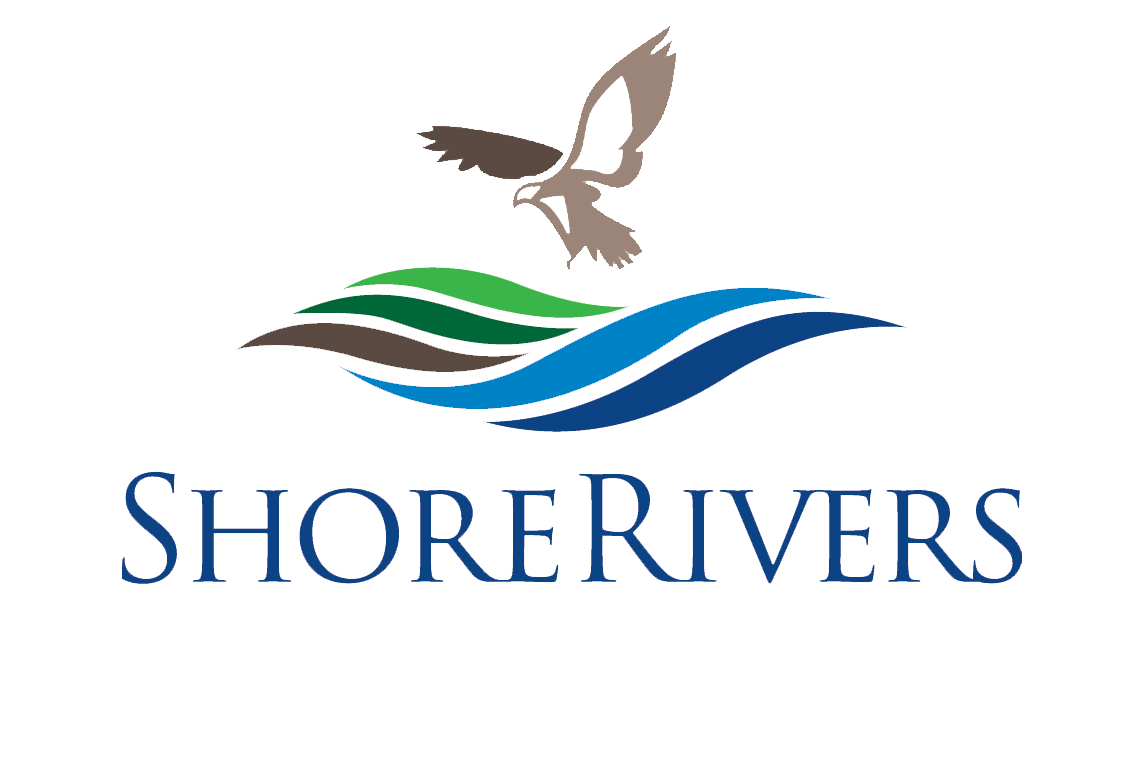ShoreRivers’ Director of Riverkeeper Programs Matt Pluta speaking at a past environmental legislative summit in Annapolis.
Now that the Maryland General Assembly has reconvened for the 444th Legislative Session, ShoreRivers’ advocacy efforts are in full swing. Our advocacy work is fundamental to creating system-wide change to protect our rivers against the major issues that impact local water quality.
ShoreRivers, in partnership with the broader environmental community, will prioritize three bills this session: 1) a comprehensive climate package that will improve Maryland’s resilience and adaptation to climate change; 2) the PFAS Protection Act to protect Maryland residents from harmful chemicals in our waters; and 3) the Maryland Environmental Human Rights Amendment, which will provide another mechanism for environmental protections under the state’s constitution.
As we face greater challenges on the Eastern Shore resulting from climate change, we must accelerate the implementation of climate-resilient nutrient reduction practices by increasing funding and technical support for our state and local agencies. ShoreRivers will advocate for much of the federal funding allocated to the Chesapeake Bay Program in the recent infrastructure package to go toward implementation of conservation practices, particularly on agricultural lands throughout our watersheds.
The Maryland Department of the Environment (MDE) must dedicate adequate personnel and resources in order to issue protective permits and take adequate enforcement action against pollution. As is laid out in a key piece of legislation we are supporting this session, MDE needs to conduct monthly inspections of facilities with administratively continued permits as well as facilities in significant noncompliance with their permits, and enforce meaningful penalties that disincentivize violating water pollution controls. This bill aims to fully address the backlog of administratively continued discharge permits (often referred to as “zombie” permits) over the next three years. Since the state has invested funds in upgrading the technology at many of these permitted facilities to reduce pollution loads, we should invest in our state agencies to ensure that terms of the permits are being met and that the technology is functioning as intended so we can meet our 2025 pollution reduction goals established by the Chesapeake Bay Total Maximum Daily Load (TMDL).
Just as we implement restoration projects throughout our communities, engage volunteers in tree plantings and oyster growing, and reach thousands of students each year through our environmental education programs in local schools, our advocacy at the local, state, and federal level ensures that all of those endeavors can continue in order to achieve our water quality goals. Our laws and regulations should protect and support these local investments, and we look forward to a productive legislative session with members of the General Assembly and our fellow environmental advocates.
If you are interested in getting involved and learning more about these priority bills, tune in for the Maryland Environmental Legislative Summit on Tuesday, January 25 at 6 PM. Learn more and register here: https://bit.ly/3GpzwkI.

